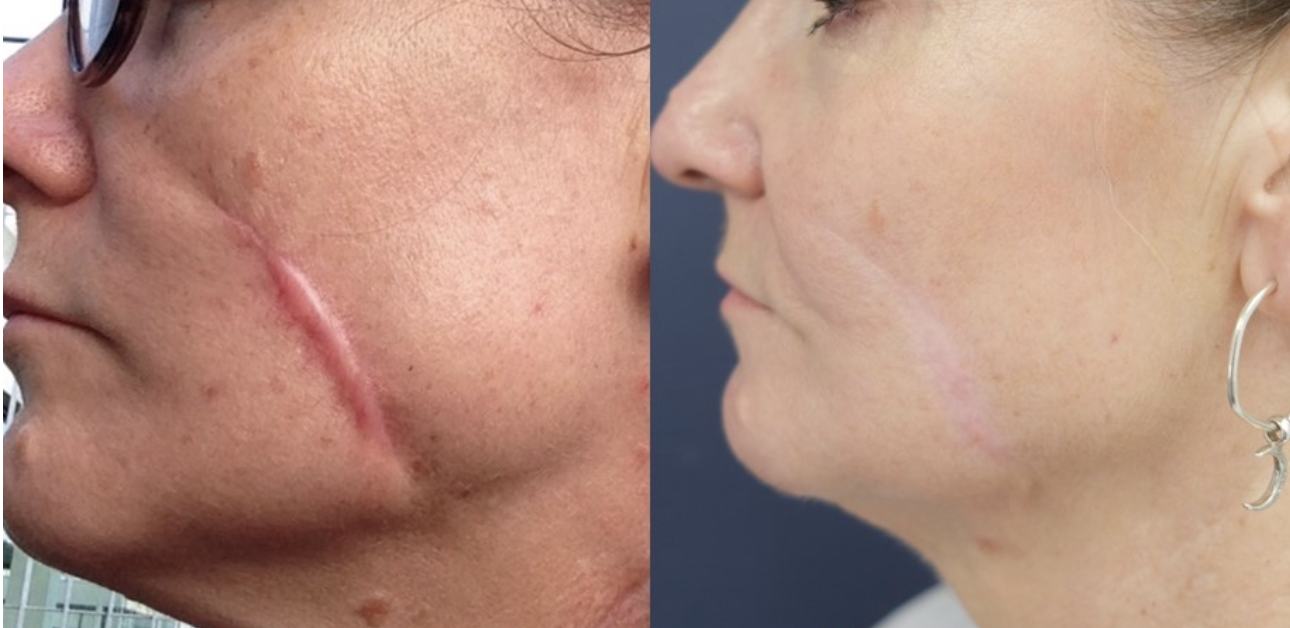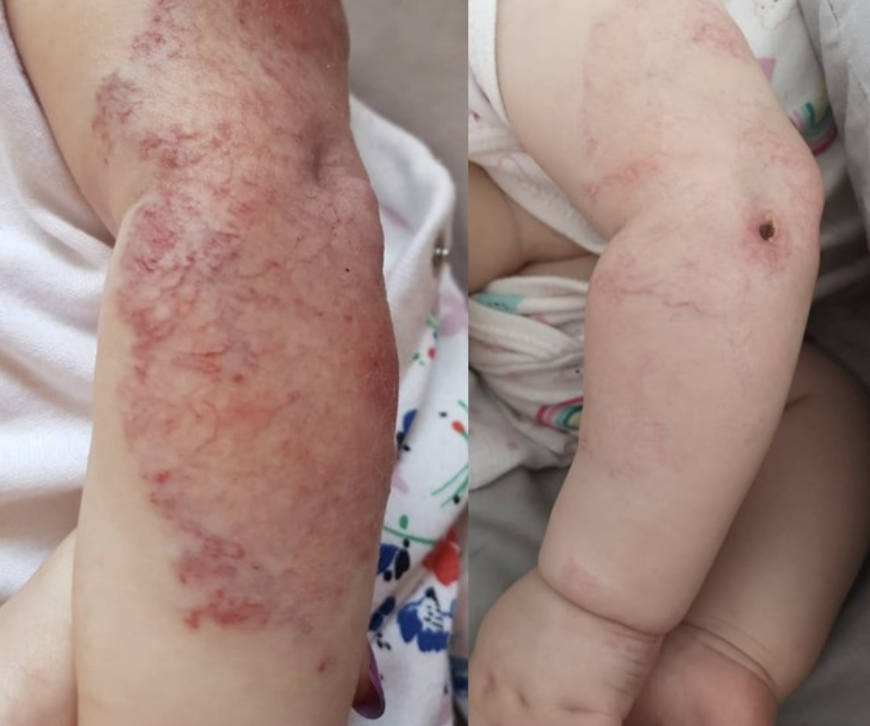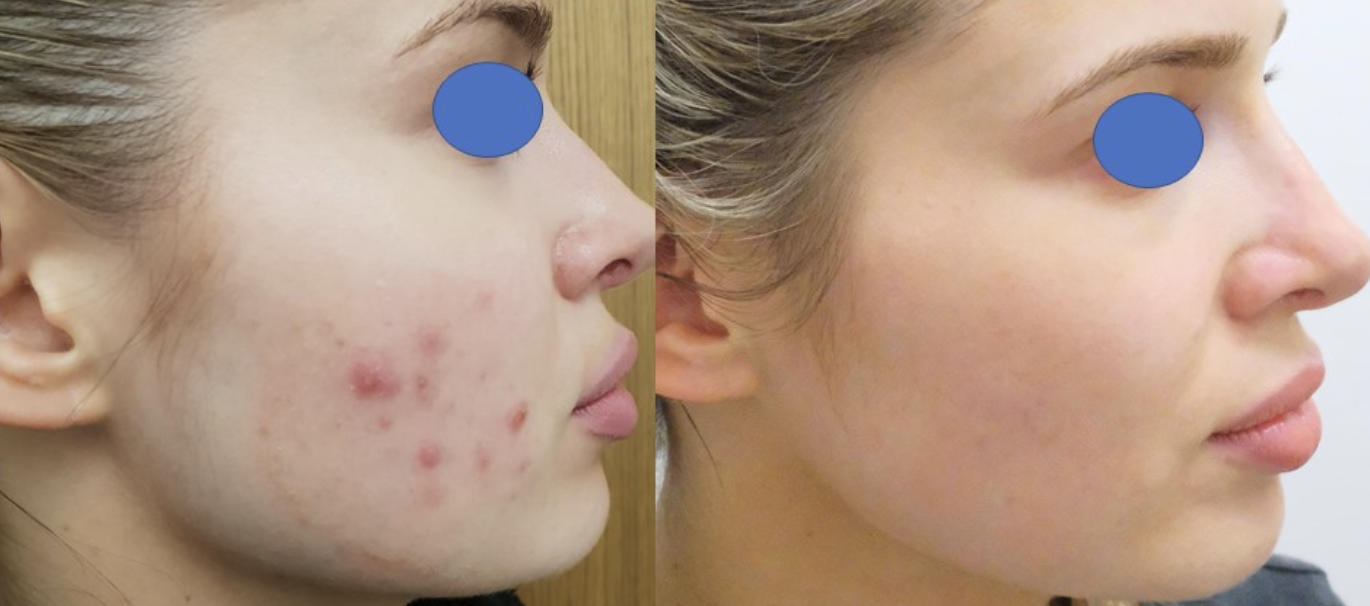Pigment Laser
Treatment
Melanin is what gives skin colour, thus having an area of highly concentrated melanin causes pigmentation differentiation on the skin. Laser Pigmentation Removal is designed to treat areas of pigmentation on the skin, including the face, hands and any other part of the body. People typically have a high or low level of melanin in their skin, hence why there is such a wide range of people with differently coloured skins.
The most common skin pigmentation disorders for which patients seek treatment are melasma and hyperpigmentation; hyperpigmentation typically appears as localised patches that are darker than the surrounding area and are often non-raised lesions due to their formation just beneath the top layer of the skin. Many patients also seek treatment when suffering with superficial brown blemishes such as: freckles, flat moles, age spots or ‘café au lait’ patches on the skin. Each of these conditions is treatable with skin pigmentation laser treatment.
All skin pigmentation disorders can cause us to feel self-conscious and significantly minimise our self-esteem which is what our Leading London Dermatologist knows all too well. Laser treatment for pigmentation can help to generate smooth, beautiful looking skin. Clearing the complexion of any uneven flaws will often result in a restored, natural radiance that works to give rise to patients feeling more confident and content within their own body. The treatment works by applying a laser directly to melanocyte cells which are what governs the melanin levels in your body. The laser avoids contact with other cells and hits the melanocyte cells, stimulating your body to diminish any excess melanin and reducing your pigmentation.
Laser skin pigmentation treatment is fairly straightforward, easy and will have you resuming your daily activities in no time. The procedure is done by Professor Firas Al- Niaimi our Leading London Dermatologist. The treatment is relatively pain-free, although an ice pack of cooling gel can be applied to provide more comfort during the treatment. The treatment time is very quick, usually taking 15-30 minutes, although this depends on the size of the treated area being covered.
FAQs
Pigmented lesions are often caused by environmental factors such as sun exposure, effects of ageing, or flat moles and freckles (which are common signs of natural pigmentation). Laser Pigmentation Removal is a safe, popular, non-invasive treatment that removes or minimises skin pigmentation and dark spots on the skin through the use of sound waves. Nd:Yag Laser Treatment uses light of a specific wavelength that treats the targeted melanin to break down the pigmentation without damaging the surrounding dermis. When Dr Firas Al-Niaimi creates your bespoke plan (tailored to your specific needs and skin pigmentation disorder), he may advise a strategy that includes combining other non-surgical procedures that will work in harmony with your laser treatment to ensure optimum results. Laser treatment is particularly popular for face pigmentation as this is an area that can cause extreme self-consciousness.
Laser Pigmentation Treatment is designed to remove the excess melanin in your skin, which is caused by a melanin-producing cell called a melanocyte. When the laser is directed onto the highly pigmented area, the laser is well absorbed by the areas of concentrated pigmentation- and not well absorbed by normal tissue – so the laser stimulates your body to eliminate unwanted excess pigment.
Some laser treatments can work well on people with dark skin; however, Laser Pigmentation Treatment can cause discolouration in the skin. Dr Al-Niaimi will advise you as to whether your skin is suitable for the procedure. It is advised that if you have a fresh tan or have used tanning treatment that you wait for the tan to fade before undergo any laser treatment.
After your treatment your skin may feel sore, as if it has been sunburned, and the area may be slightly swollen. The skin may also flake; however this is nothing to worry about and is the natural process of removing pigment for the skin. You will be able to return to normal activity immediately after the treatment and your skin should heal completely after one- two weeks.
Gentle cleansing of the skin and sometimes the application of an antibiotic ointment will help the treated area heal quickly after your laser treatment. Dr Firas Al-Niaimi will always provide you with a comprehensive aftercare plan and advise you on any concerns you may have.








